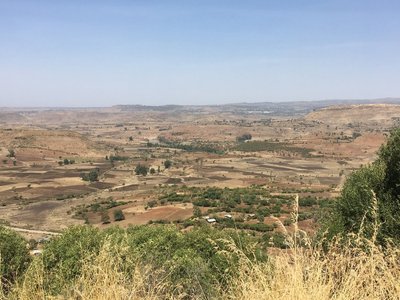

Travelling for science is essential – however, it is also connected to substantial amounts of greenhouse gas emissions. With carbon offsetting emissions can be reduced in some other way. Like this environmentally sustainable programme implementation can be ensured. Since more than five years APPEAR is actively engaged in fighting climate change by using the carbon offsetting system provided by the Competence Center for Climate Neutrality at the University of Natural Resources and Life Sciences, Vienna (BOKU). All flights from project members, scholarship holders, APPEAR staff or other programme related travels are compensated. During this period more than 24,000 euros have been spent on different climate protection initiatives in Uganda, Ethiopia, Nepal and Costa Rica. The respective projects compensated more than one thousand tons of CO2 by afforestation, water disinfection or biogas production. These projects are selected by an advisory board and accompanied by research, training and awareness raising undertaken by BOKU together with their local partners. One example is the Reforestation and Regeneration of local Forests project in Ethiopia in two villages. The aim of the project is to convert 60 hectares of fallow land into a stable coppice of unequal age in about 30 years by planting local seedlings. This is not only to store at least 11,200 tons of CO2 via biomass, but also to pursue additional goals:
- Meeting local needs (wood, animal feed, income from "non-timber forest products" such as honey, seeds, resins, etc.)
- Natural rejuvenation of locally available trees
- Increasing biodiversity Water and
- Soil protection
More information can be found under klimaneutralität.boku.ac.at
